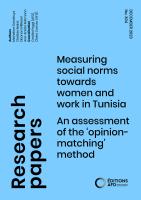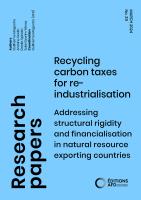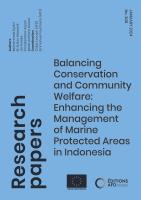In recent decades the world has seen a simultaneous trend towards becoming more peaceful overall, but also towards higher homicide rates surging in focal regions in the developing world. Although abundant research exists on the nature and sociology of crime, few studies look into the damaging impact of crime and violence on the daily lives of affected communities. The present study proposes the use of societal-scale behavioral data—card transactions’ metadata—to elicit such impact. On the crime side, we use detailed homicide records for an entire middle-income country to identify salient crime shocks at the local level. On the behavioral side, we use debit card transaction volumes throughout the country to extract behavioral indices. We show that crime shocks have a substantial effect on communities’ consumption patterns. Moreover, we show that the effects of crime shocks distribute differently across population subgroups defined by gender and socioeconomic status— e.g., with reductions of up to 7% in females’ average volume of transactions—potentially exacerbating social inequalities. We conclude this work with policy recommendations on the use of ‘big data’ sources to monitor and help.
-
on the same topic
Institutional documentpublished in March 2024Research documentpublished in January 2024Research documentpublished in December 2023Vidéopublished in August 2023Institutional documentReviews and Activity ReportsInfographicspublished in August 2023Podcastspublished in August 2023 -
from the same collection
Research documentpublished in March 2024Research documentpublished in February 2024Research documentpublished in January 2024Research documentpublished in January 2024Research documentpublished in January 2024Research documentpublished in January 2024



















